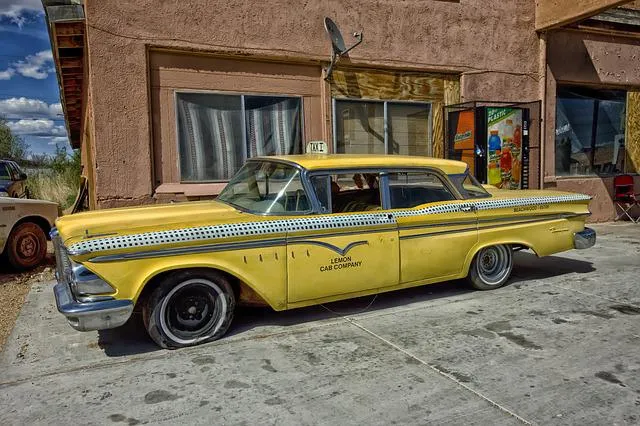Good news for fans of the brand Aston Martin. The V12 engine it will still find space inside the car manufacturer’s sports cars. Speaking with Autocar, the CEO of the English manufacturer Tobias Moers pointed out that, at the moment, there are no plans to use the V8 of the new DBX 707 instead of the V12 featured in the DBS and DB11. The number one of the brand said that the V12 still has potential and since this powerplant will be found in the V12 Vantage, it is proof that there is still room for a similar unit within the sports car range.
According to some rumors, the Vantage V12 should be offered in a configuration similar to that of the Speedster and therefore with a power close to 700 hp. As it had already been clear in the past, for the Vantage, the V12 version will be a final edition. As we know, this car in 2025 could be replaced by an electric sports car. However, Moers’ words suggest that the V12 engine could continue to have a future within the automaker’s plans, at least among sports models. Its life cycle should end in 2026-2027.
We must not think, however, of mass production and on this, the CEO Aston Martin is very clear. The V12 can be used in small special series, in exclusive models to satisfy those customers who are still looking for this type of engine. It will almost certainly not be used on some future version of the DBX SUV as this unit would negatively affect the weight distribution and therefore the driving dynamics.
In short, Aston Martin continues to want to keep its V12 alive even if it will probably be the prerogative only of sports cars produced in very limited numbers. We will see what happens. It is possible that further details may arrive at the time of the presentation of the new V12 Vantage.
In any case, the British brand is increasingly shifting its attention towards electrified cars. Lawrence Strollpresident of Aston Martin, said about a couple of weeks ago that the goal is to sell only hybrid and electric cars by 2026.


